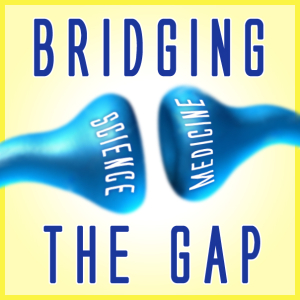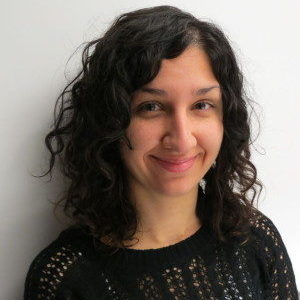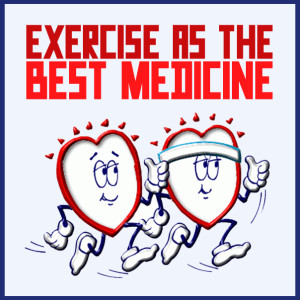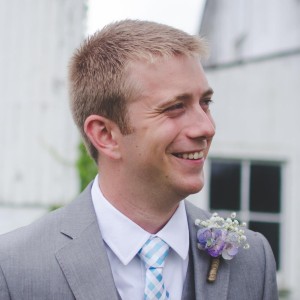Transcending Time
The definition of “getting old” has changed dramatically in recent years. Due to the remarkable advances in medical technologies and interventions, the average life expectancy in the United States has been rising exponentially over the past 50 years. But while our bodies are lasting longer, our brains are still susceptible to the cognitive decline associated with aging.






